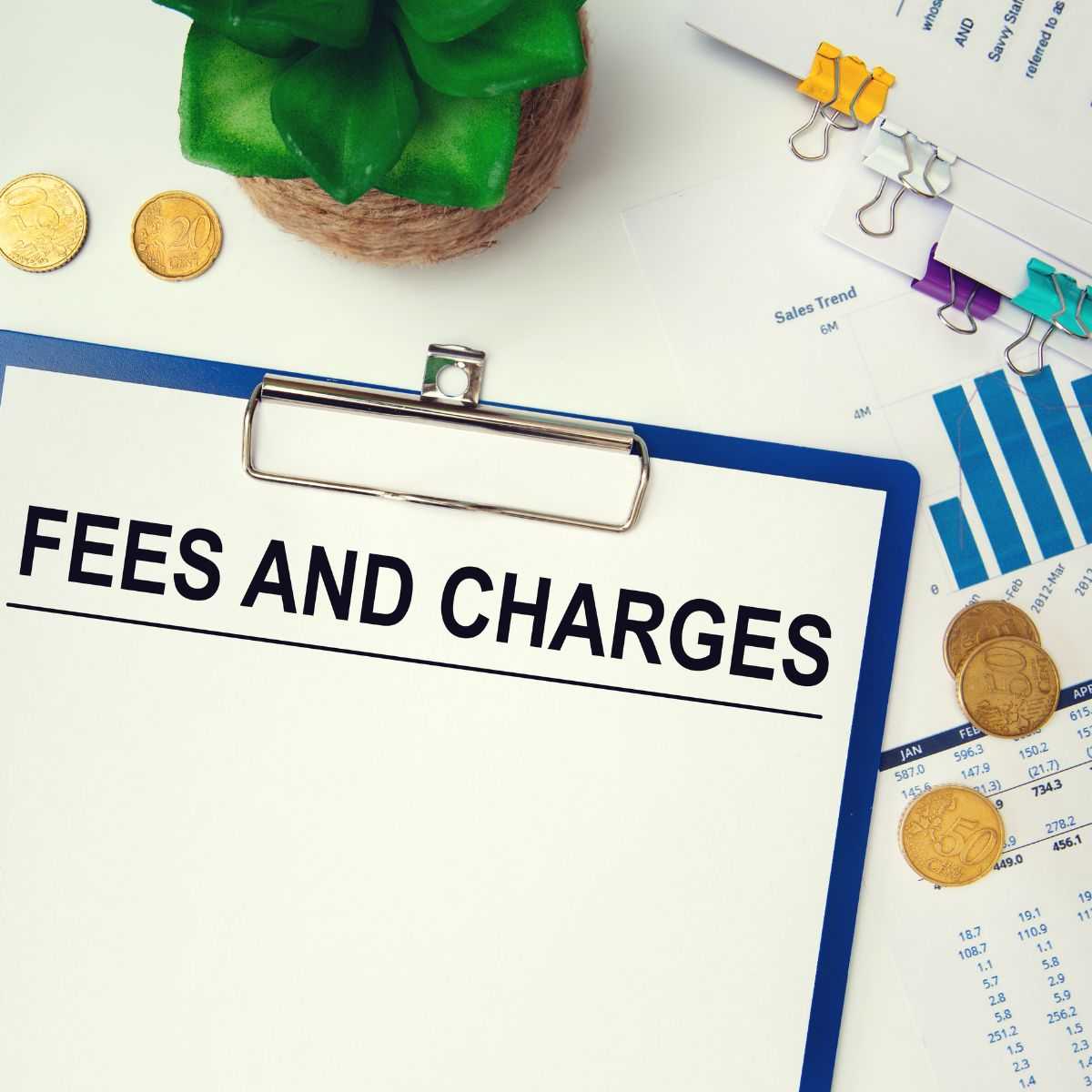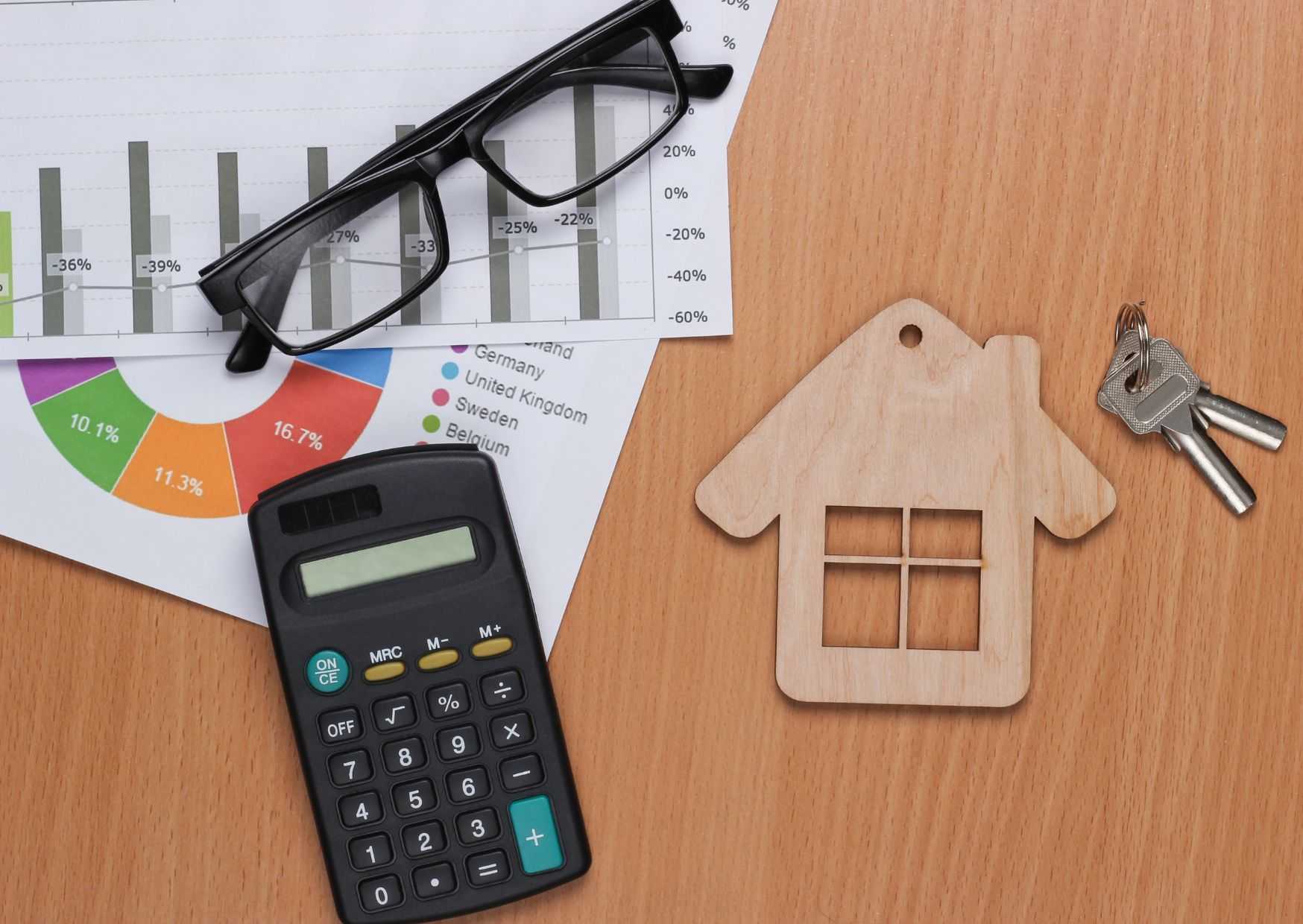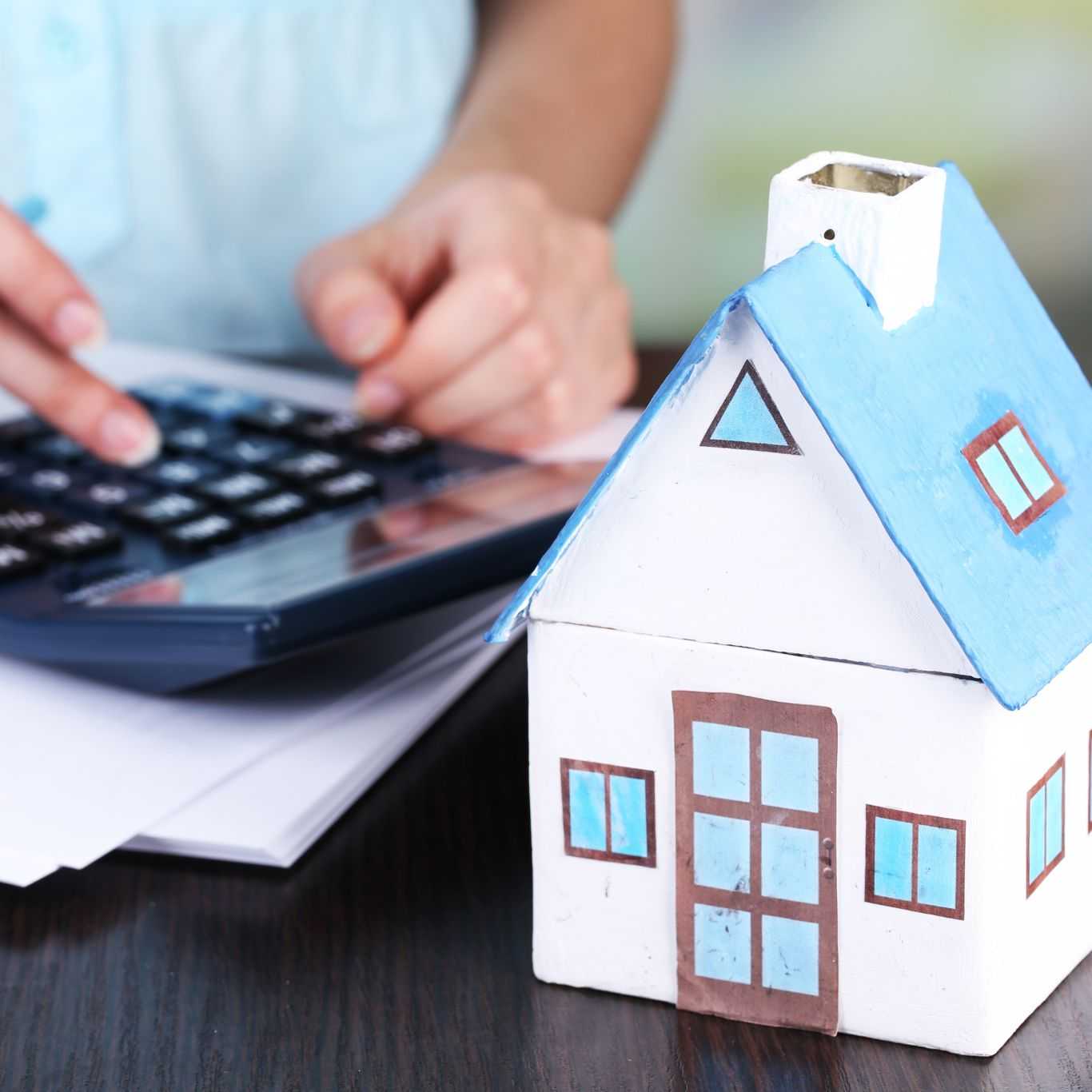Share
The Airbnb platform revolutionised the letting industry around the world. It gave property owners an incredible opportunity to reach a wider market of potential guests and enjoy a sizable source of rental income. Through the platform, properties can be rented out by people from all over the world – and it can be done with just a few clicks.
Whether you’re offering room accommodations or a whole 2-bedroom flat, Airbnb creates a convenient and effective way to get maximum returns from property investments. At City Relay, we help our partners by managing their properties on the Airbnb platform. We have one property earning more than £11,000 after 40 nights of accumulated bookings. That’s the income potential you can get by listing your property on Airbnb.
Of course, the technology, convenience and income potential offered by Airbnb come with a price. If you want to take advantage of the platform to increase your portfolio’s returns, make sure you’re aware of the Airbnb fees you have to face.
In this article, you’ll learn more about the typical Airbnb fees you need to pay as a host on the letting platform. You’ll also understand the mechanics behind these fees so you can create a pricing strategy that can maximise your rental income and occupancy rates at the same time.
About Airbnb Fees
The incredible platform of opportunity that Airbnb provides comes with a cost. After all, they are still in business. If you notice, Airbnb does more than just provide a platform. They also offer different services like advertising, customer support and payment processing. All these are provided to improve both hosting and guest experiences.
To ensure that the platform is maintained, improved and kept safe, Airbnb fund its operations through commissions. If you list your properties, you’ll have to pay Airbnb fees in exchange for using the platform and all its features. Since it’s on a commission-based scheme, Airbnb doesn’t get paid unless you get a booking. So you’re not paying anything out of pocket – you’re just sharing the income from bookings.
3 Types of Airbnb Fees
Since these Airbnb fees are unavoidable, it’s important to understand what they are. It’ll keep you compliant with Airbnb’s requirements while allowing you to maximise revenue and profitability.
Here are the 3 fees you have to deal with as an Airbnb host.
Service Fees
Every time a guest books a property, Airbnb charges the host a 3% service fee. This includes a variety of services that include round-the-clock customer service, platform maintenance and updates, marketing, etc.
While this is considered the base rate, there are times when hosts are charged up to 14%. Why is it different? It has something to do with the 2 types of fee structure offered by Airbnb.
The first is called the Split fee.
This means the fees associated with the booking are split between the host and the guest. The host pays a 3% fee while the guest pays approximately 14% (16% to cover the exchange rate if the currency used by the guest is different from what the host listed). These rates are based on the booking subtotal that includes the nightly price and other fees charged – except for the taxes and guest service fees. This is automatically taken from the payout of the Host. The guest fee can go down depending on the type of fees included by the host.
The second is the Host-only fee.
This means the fees are only deducted from the payout of the Host. The percentage is usually 14% to 16% of the booking subtotal. Some factors could increase or decrease fees. For instance, if the host uses a Super Strict cancellation policy, the fees increase. If the guest books for at least 28 days, the fees go down.
Optional Fees
These are add-ons that the host can include to increase their income. These fees can cover the various services or features of the property that the guests can enjoy. Here are optional fees that you can include:
- Pet boarding fee: This is for pet-friendly properties. This fee would make certain amenities available for pets like food and water bowls, a pet bed, etc.
- Extra guest fee: This would allow hosts to set a smaller base fee for the booking but the guest would have to add costs if they go beyond the initial guest count. In some cases, these fees are paid on-site and not through the platform.
- Security deposit fee: This is to protect the property and ensure that guests will take care of the unit during their stay. This fee is held by Airbnb and returned to the guest if no damages are found on the property after their stay.
- Cleaning fee: This fee covers the cleaning of the property after the guest leaves the place. The host can also offer cleaning services for guests while they are still on the premises. This is ideal for busy guests who book longer stays.
- Parking fee: This fee covers the use of the exclusive parking space provided by the host. Some hosts may choose to include this in the nightly rate but they can also make it optional.
Other fees include the convenience of an early check-in or late check-out.
Tax Charges
Airbnb automatically collects occupancy taxes and fees on behalf of the local authorities. The details and fees will vary from one place to another. This will minimise the tax payments the host will have to pay for the income they get from Airbnb.
The VAT (Value Added Tax) is also included here. VAT charges are often applied to Airbnb bookings. The host should monitor this so they can adjust their booking prices accordingly. These will ensure transparency and compliance.
Airbnb Fee Updates
Airbnb fees are constantly updated so make sure that you’re regularly updated. If there are changes, review your pricing strategy to ensure that the updates won’t compromise your earnings.
It helps to work with a property management company like City Relay that offers expertise in Airbnb management. They keep an eye on these changes and they can inform you about them. You can also rely on these property experts to help you navigate Airbnb fees to maximise your property’s performance and profitability.
How to Calculate Hosting Costs to Maximise Profit
The Airbnb fees might feel ironclad but there are ways to comply with them while maximising the profit potential of your property.
Here are tips you can use when calculating hosting costs.
- Balance the fees against the cost. Carefully consider the different fees on top of the expenses you have to pay to keep the Airbnb property in good condition. This includes any expenses like mortgage, interest, taxes, insurance, etc. Balance the fees and the costs to ensure a reasonable profit.
- Use dynamic pricing strategies. Take advantage of peak and off-peak seasons to maximise your earnings. Dynamic pricing tools can help you calculate the right price for the properties. Airbnb also has this feature. If you work with property experts like City Relay, they can also help calculate this for you to help optimise occupancy rates.
- Maximise add-ons. Offer services and amenities your guests would need during their stay. You can include laundry services, delivered meals, airport transfers, and maybe even a guided tour. Partner with local businesses that can provide these services and split the earnings with them.
- Monitor the competition. Do your research and see what other hosts in the area are offering. You can adjust your pricing to make your property more affordable and valuable.
- Consider other letting platforms. There are other platforms apart from Airbnb that can help you get more bookings. There’s HomeAway, Booking.com and Vrbo. You can use them to increase your profit potential. The only thing that you have to be careful with is double bookings. Use an app to monitor all the letting platforms to adjust the property’s availability in real-time automatically. You can also get a property expert to help manage bookings for you.
Find Airbnb Property Experts to Partner With
Airbnb fees are a part of the hosting experience. Learning the mechanics behind the fee structure allows you to optimise your property listing while maximising profit potential. It leads to a better and more dynamic pricing strategy.
If you need help with increasing short-term rental revenue, get in touch with a reputable Airbnb property management company. City Relay is currently managing several Airbnb properties. We have a firm grasp of the financial aspects of hosting properties on Airbnb. We can help manage your property and improve your rental income.
Get in touch and let us know how we can help. Our property experts are always ready to assist so you can reach your property goals.













